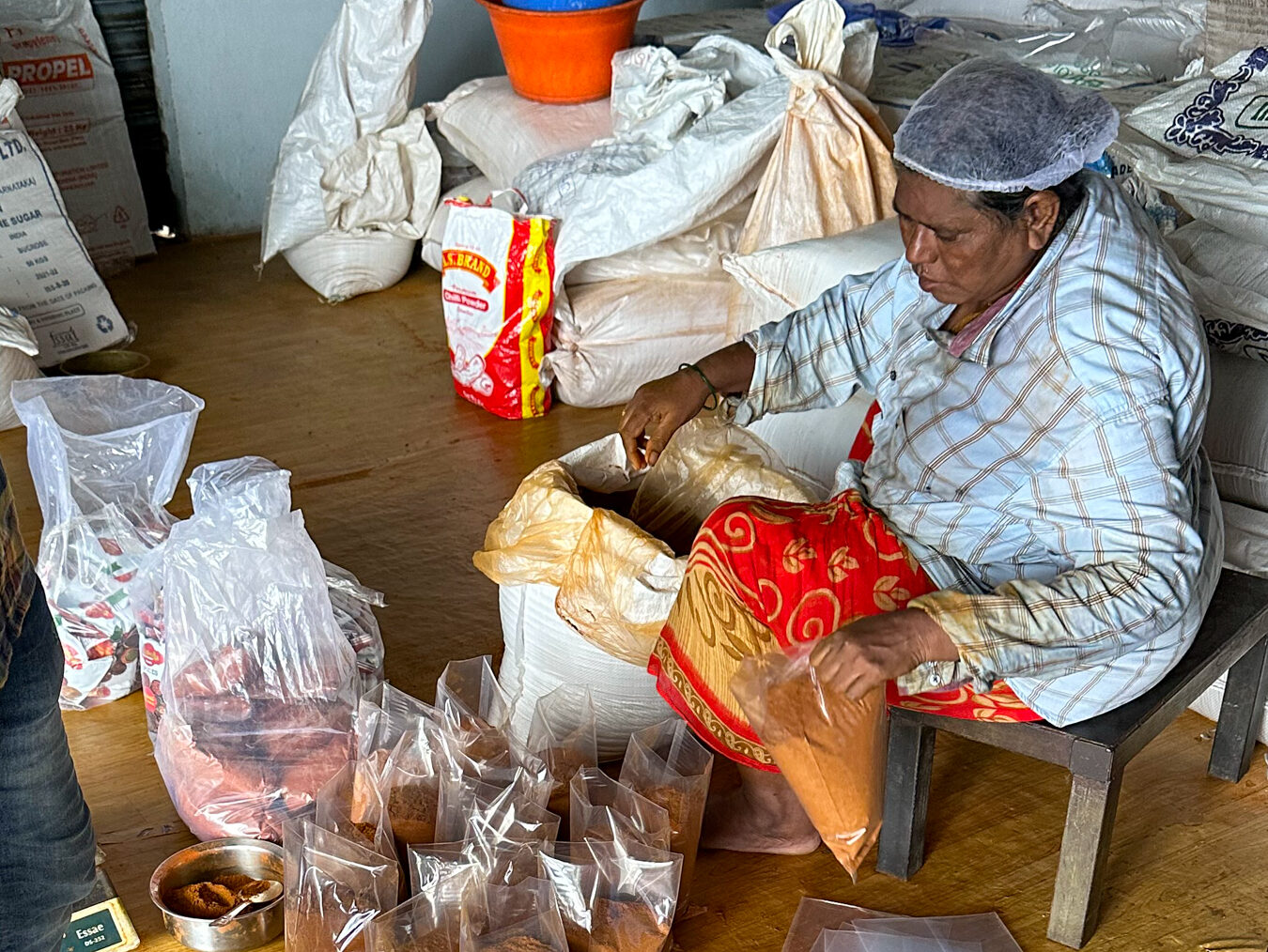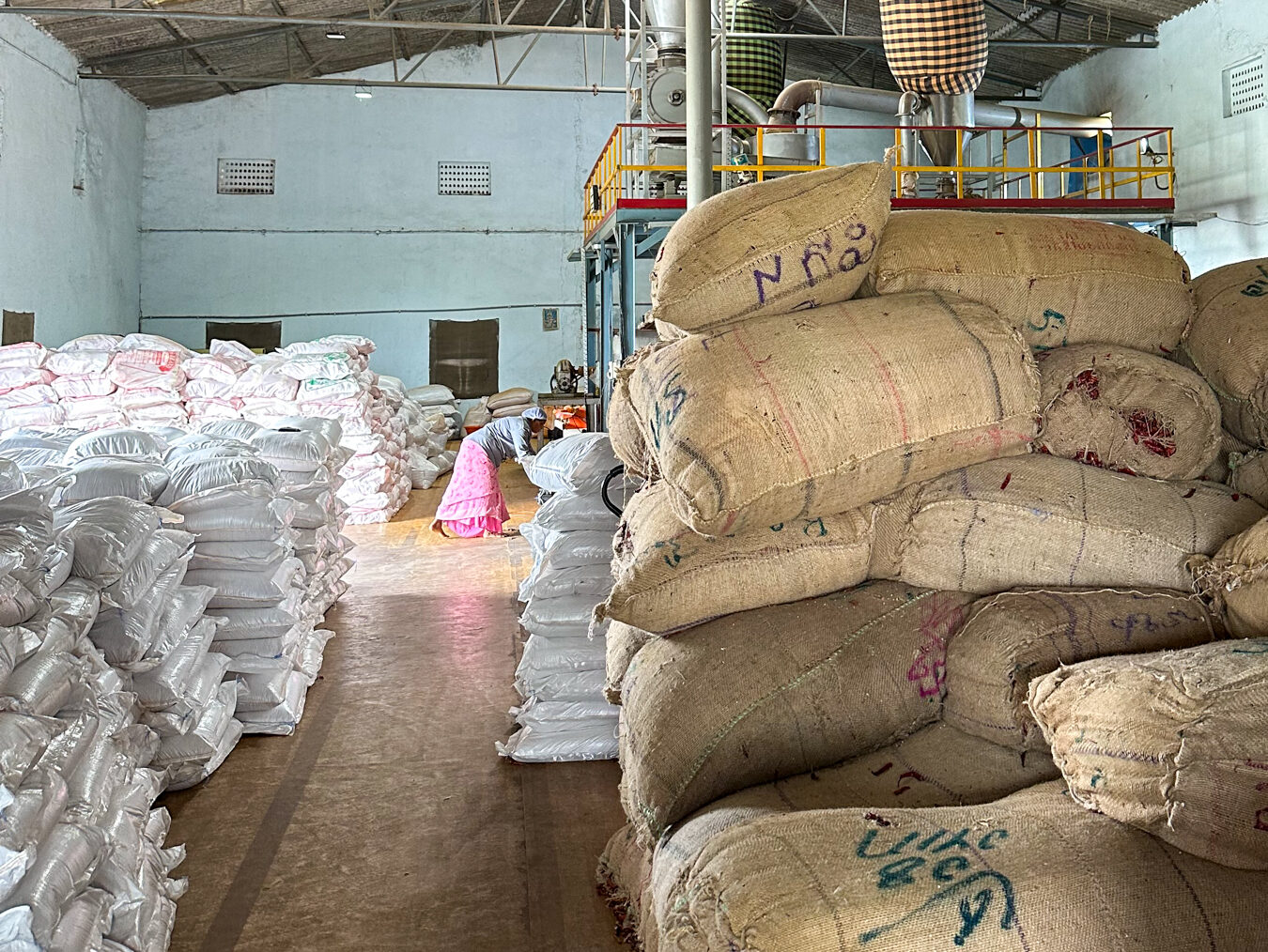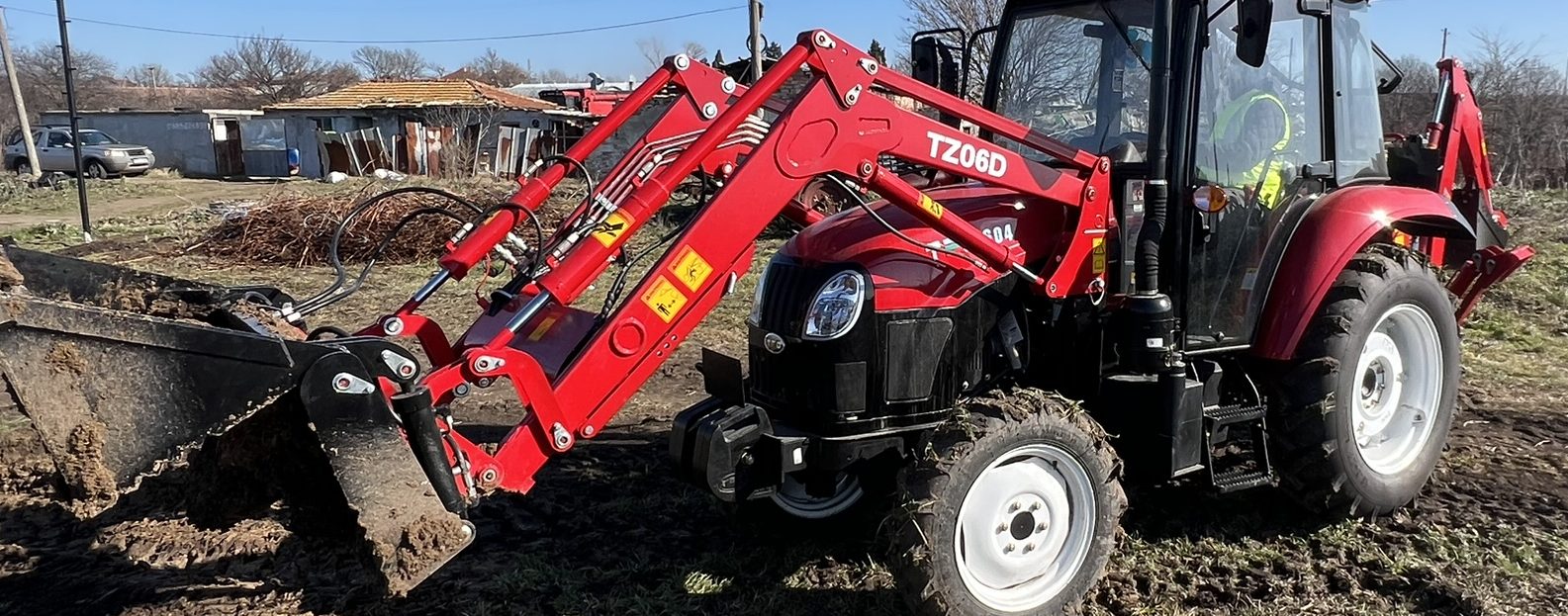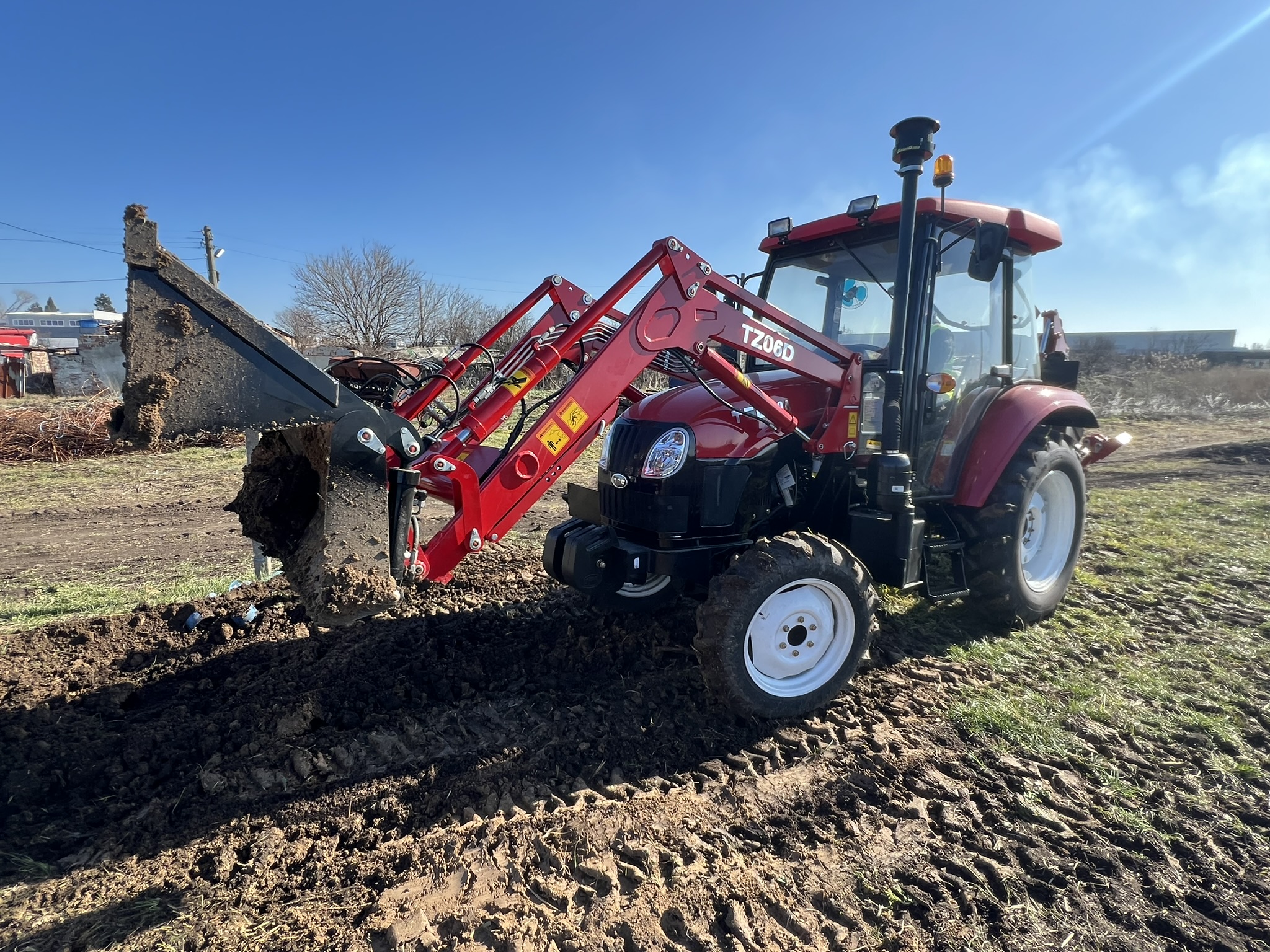
When it comes to turning farm produce into non-perishable items like oilseeds, cereals and jute, India lags substantially behind other markets, with just 10% of its produce going to this segment compared to 40% in China and 70% in markets like the US.
“India has more than 2 million food processing MSMEs [micro-, small- and medium-sized enterprises], which operate significantly under capacity and struggle to find B2B customers, especially in export markets,” says Alex Qian, a senior investment officer at the Emerge division of nonprofit Accion.
Along with India-based VC firm Omnivore, Accion recently co-led a $9.8 million Series A round for Agrizy, a Bengalaru-based agri-processing platform that connects processors and buyers of non-perishable food items via a digital marketplace.
India’s food processing sector will reach $535 billion by 2025-26 and generate 9 million jobs by 2024, says Agrizy founder Vicky Dodani, who adds that it’s the small and medium businesses leading the charge here. “MSMEs are nimble, agile, and adaptable, leveraging their expertise and innovative spirit to revolutionize how agricultural produce is processed.”
What makes Agrizy unique in this market, he says, is that its products and services are customized for this MSME audience.
“The startup provides global market access to the processors, helps them with advisory services related to process and quality standardization, access to working capital from formal financial institutions and technology integration to manage their day-to-day operations better.”
 Packaging dried peppers for processing. Image credit: Accion
Packaging dried peppers for processing. Image credit: Accion
‘An essential component’ of the food value chain
Dodani says that non-perishables make up “an essential component” of the food value chain for India. But “MSME food processors and FPOs [farmer-producer organizations] struggle with access to demand, advisory services for quality certifications and best practices and working capital.”
Brands, meanwhile, face challenges such as inconsistent quality in products, poor pricing discovery and an unreliable supply chain.
Pinpointing these and other inefficiencies, Agrizy built a company around organizing, digitizing and simplifying the system for processed agrifood products, both perishable and non-perishable.
The startup provides a fully managed B2B marketplace that offers a variety of digital tools, from those that assist in quality assurance and tracking deliveries to ones focused on financial health and accessing the best pricing for items.
For buyers, some of the benefits of the Agrizy platform include competitive pricing, reliable supply during peak and lean seasons, and visibility throughout the entire value chain, says Dodani.
Suppliers such as processors can also benefit from consistent demand and competitive pricing as well as timely payments for goods.
The Series A funding will in part go towards widening the services Agrizy offers for both processors and buyers, as well as boosting the platform’s embedded financial services.
The Series A round also saw participation from Capria Ventures, Thai Wah Ventures, and existing investor Ankur Capital.
 Image credit: Accion
Image credit: Accion
Why Accion & Omnivore invested
“Buyers and large producers have always faced a fragmented raw and processed agri goods landscape,” says Accion’s Alex Qian, adding that Agrizy has found a way to simplify and standardize the procurement process while ensuring quality and transparency.
“Essentially, Agrizy ensures the buyers and producers get exactly what they want, when they want it, at reasonable prices.”
Another area that excites Accion is Agrizy’s work with financial services. “We believe that the company’s value-add to its clients would be further enhanced with embedded financial services – which positions Agrizy well in Accion’s agritech finance strategy,” notes Qian.
“Their innovative platform for contract manufacturing is streamlining complex, export-oriented supply chains, addressing long-standing industry challenges,” adds Omnivore managing partner Mark Kahn. “This contributes to rural economic development, aligning with India’s broader agricultural reform goals, and setting India on the path to becoming a global leader in sustainable, efficient food processing.”

